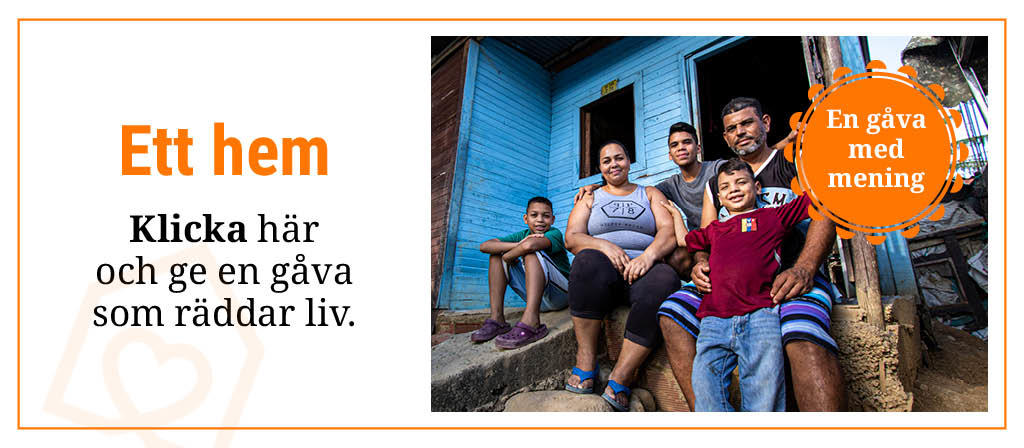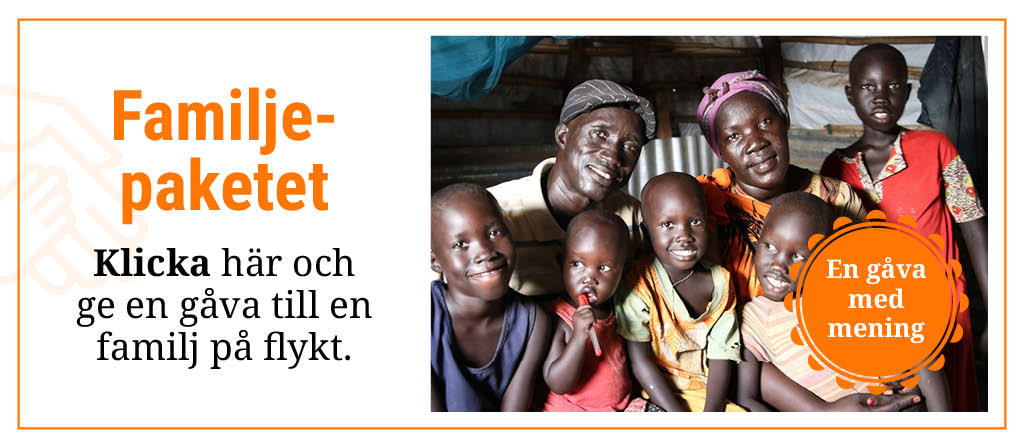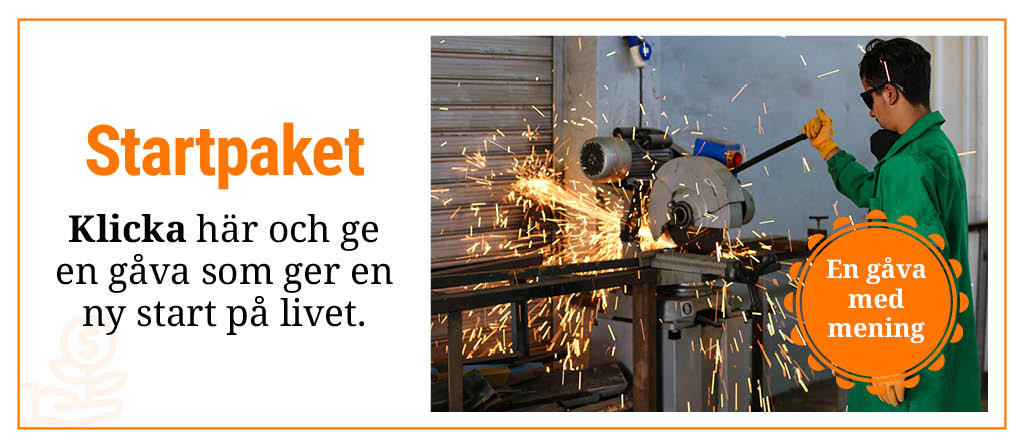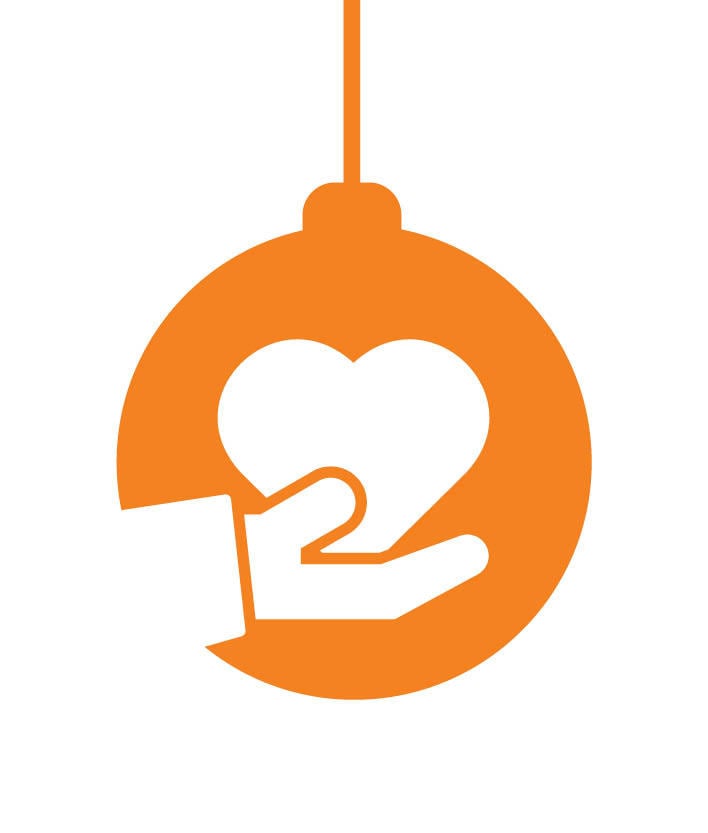
I november 2020 packade Aklilu sin väskor. Han skulle åka tillbaka till universitetet i Addis Abeba, Etiopiens huvudstad. På grund av coronarestriktionerna hade han hade varit några månader hos sin familj i Humera, en liten stad i landets nordvästligaste del. Aklilu var glad över att äntligen kunna återuppta studierna och avlägga examen.
Liksom andra studerande med examen inom synhåll, sökte Aklilu redan jobb och planerade för examensfirandet. "Vi träffas om fem veckor för att fira examen", sa han till vännerna i Humera.
Vi trodde aldrig att detta skulle kunna hända. Jag hade hört att det fanns problem, men för mig var de bara politik.Aklilu
Några timmar senare hördes granateld i staden. Det var startsignalen till en konflikt mellan den federala etiopiska regeringen och väpnade grupper i Tigray-regionen. Akluli skyndade över gränsen till Sudan – en av 60 000 etiopier som sedan dess har strömmat till Sudan för att söka skydd.
Livet under presenningar
Aklilu flydde utan någonting och lämnade sin utbildning i Etiopien bakom sig. Den tidigare topprankade civilingenjörsstudenten lever nu i ett flyktingläger och väntar på nyheter om kriget där hemma. Han undrar om de senaste fem årens högskolestudier har varit förgäves.
– Vi trodde aldrig att detta skulle kunna hända. Jag hade hört att det fanns problem, men för mig var det bara politik. Jag förstod inte att det skulle kunna bli så här illa, säger Aklilu.
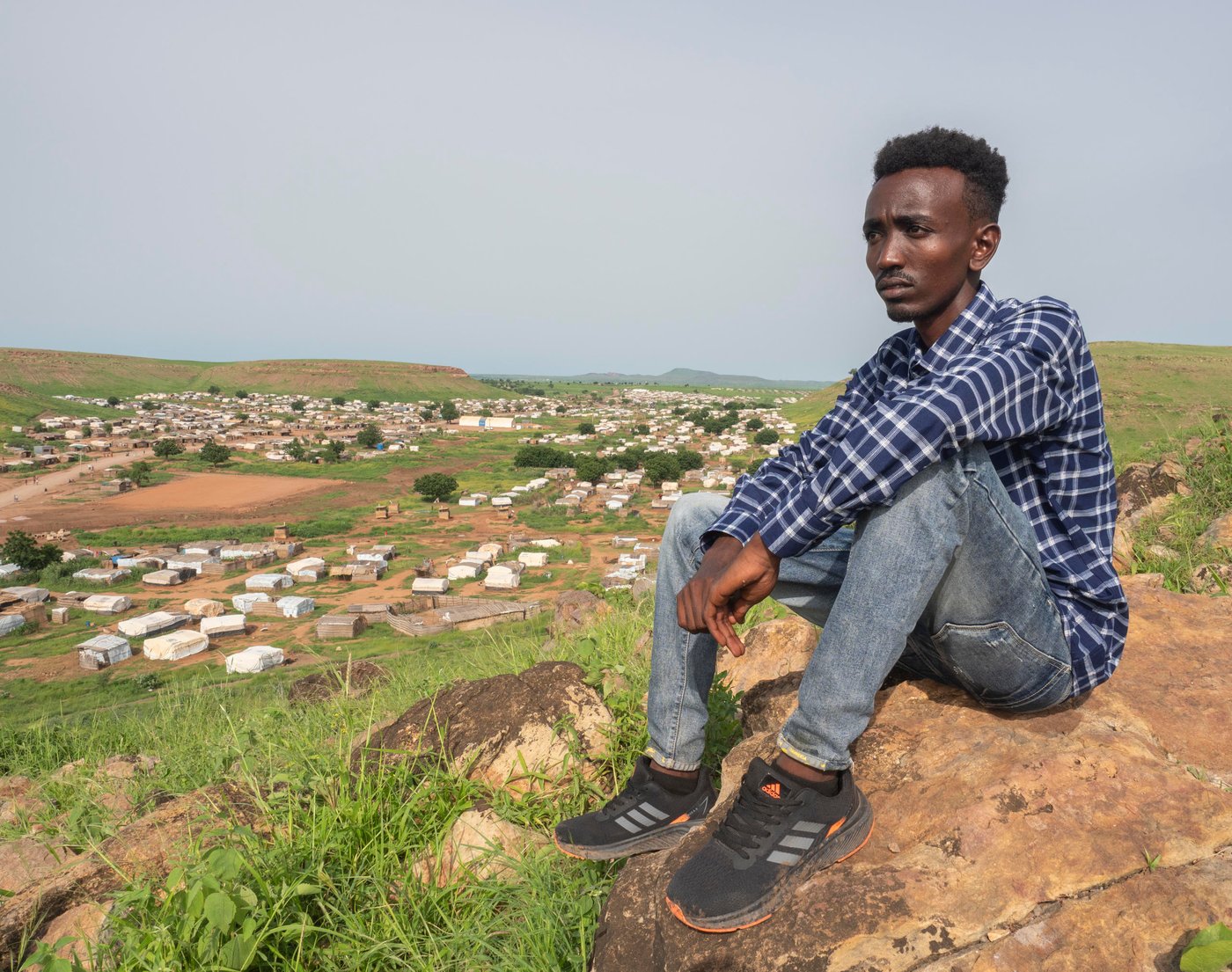
När Aklilu först kom till flyktinglägret Um Rakuba bodde han med sin familj under en blå presenning draperad över en provisorisk träställning. I närheten fanns en latrin och stanken därifrån var starkare än doften från kaffet som hans farmor kokade varje morgon.
Några veckor senare flyttade familjen till en annan plats och fick ett vitt tält med en ordentlig öppning på fram- och baksidan. Men under regntiden blev tältet till ett vindfång. Med rinnande ögon ägnade Aklilu nätterna åt att hålla fast tältet i vindbyarna.
– Jag älskade regntiden i Etiopien. Man kunde inte göra något annat än att sitta inne och se regnet falla. Det var min bästa årstid, säger Aklilu.
Pausad utbildning
För närvarande bor cirka 1 655 andra tigrayanska universitetsstuderande i flyktingläger i Sudan. De känner sig övergivna.
– Ett resultat av konflikten i Etiopien är att några av landets mest begåvade ungdomar sitter inspärrade i flyktingläger i Sudan, säger William Carter, NRC Flyktinghjälpens landsdirektör för Sudan. Den som ger de här studenterna en chans, får tillgång till verkliga talanger.
Många hinder står i vägen för Aklilus examen. När striderna startade flydde han och många andra utan att få med sig ID-kort och betyg. Därför kan de nu inte bevisa vilka de är eller hur långt de har kommit i sina studier. Pengar är också ett problem.
Det kanske dröjer länge innan vi hittar ett jobb. Vi slösar bort en massa tid i livet.Aklilu
Aklilu undersökte nyligen möjligheterna att få ett stipendium till universitetsstudier i Ghana. Men sådana stipendier brukar innebära att man måste börja om från början med studierna.
Han är frustrerad över att han måste studera i ytterligare fem år för den civilingenjörsexamen som han var bara fem veckor från att få.
– Vi försöker hitta ett universitet som godkänner de poäng vi har från universitetet hemma. Om vi börjar om från början kommer vi att vara 30 år när vi avlägger examen. Det kanske dröjer länge innan vi hittar ett jobb. Vi slösar bort en massa tid i livet, säger Aklilu.
”Som att vara i fängelse”
Livet i Um Rakuba-lägret är frustrerande för unga människor som är vana att kunna resa fritt för att studera och söka arbete.
– Det värsta med att bo i ett läger är att ingenting går framåt, förklarar Aklilu. Det är som att vara i fängelse. Det är svårt eftersom alla behöver frihet för att kunna arbeta fritt och göra vad de vill.
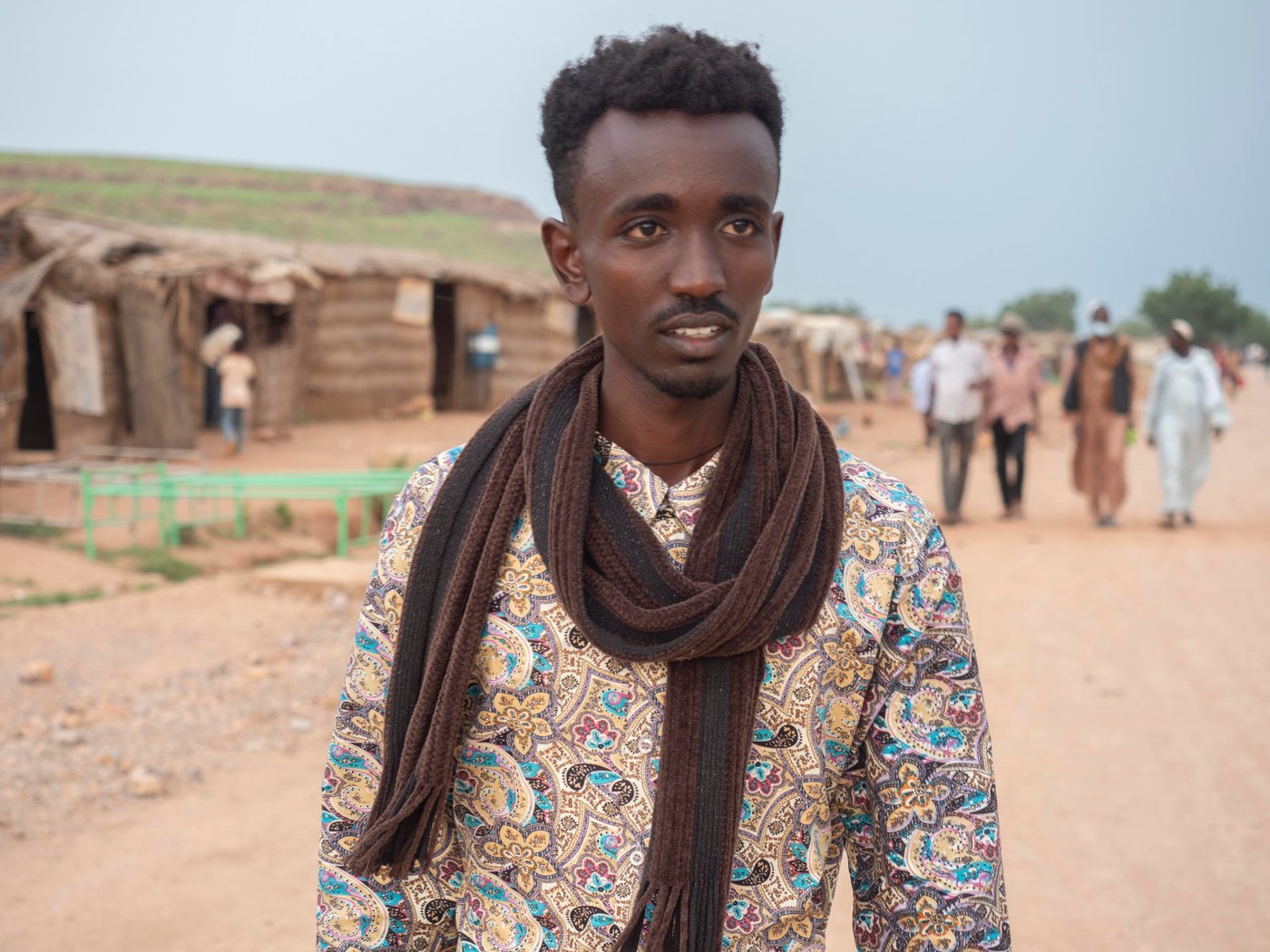
Sudans asyllag från 2014 ger flyktingar rätt att flytta och söka utbildning men i verkligheten kan de inte lämna lägret, Lägerpolicyn hindrar dem som bor i läger från att lämna platsen, vilket begränsar deras tillgång till arbeten och marknader.
Silvia Beccacece, tidigare områdeschef för NRC Flyktinghjälpen, förklarar:
– Etiopiska flyktingar får inte lämna lägret om myndigheterna inte ger dem ett särskilt tillstånd. För det krävs goda skäl kopplade till utbildning, hälsa eller jobb. Men det är svårt att få ett sådant tillstånd – så det blir en ond cirkel. Flyktingar kan inte få möjlighet att lämna lägret om de inte kan lämna lägret för att söka möjligheter.
Stöd i varandra
De många vedermödorna till trots har studenterna i lägret funnit stöd i varandra. De har bildat en grupp, Tigrayan Refugees University Students in Sudan Association, eller TRUSS.
Aklilu är en av grundarna.
– Det blir lättare om vi delar våra känslor och är tillsammans, säger han.
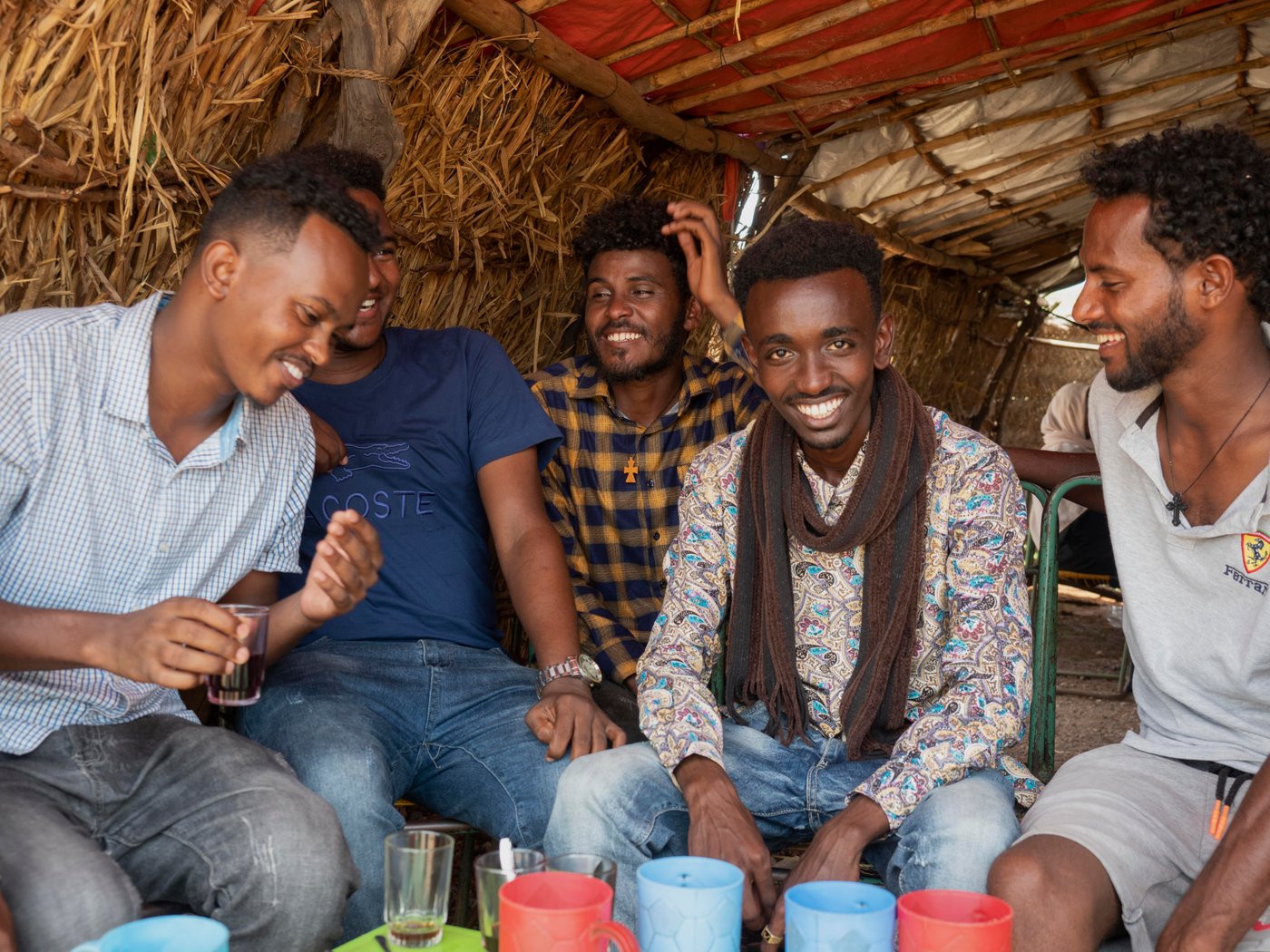
Utöver att sträva efter att få fortsätta sina utbildningar, samarbetar studenterna i TRUSS med en annan grupp ungdomar i lägret för att mobilisera lokalsamhället.
– Det finns så stora behov här och vi kan bidra med något, fortsätter Aklilu. Vi planerar hur vi kan göra lägret bekvämare för både ungdomarna och alla andra här. Det är vad vi gör som förening och som grupp. Därför att det är mycket viktigt att vara tillsammans.
”Jag har inte förlorat hoppet”
Varje fredagsmorgon samlas föreningens medlemmar i ett samlingstält för sitt veckomöte. De har organiserat sig i kommittéer och planerar för den kommande veckan.
En grupp ska samla in pengar för att hjälpa en isolerad äldre kvinna i lägret. En annan grupp ska träffa andra studenter och unga människor för att förmedla kontakter med biståndsorganisationer.
Det som gör mig optimistisk är att jag har vänner här och jag diskuterar med dem om vad vi ska göra för framtiden.Aklilu
TRUSS medlemmar har hjälpt organisationer som NRC Flyktinghjälpen med att återuppbygga provisoriska bostäder, organisera utdelning av kontanter och registrera barn i skolan, liksom att väcka samhällsfrågor. De får arvoden från biståndsorganisationer som hjälper dem att försörja sina familjer.
– Jag har inte förlorat hoppet, säger Aklilu. Det som gör mig optimistisk är att jag har vänner här och jag diskuterar med dem om vad vi ska göra för framtiden. Även om det inte någon direkt plan, kan vi hjälpas åt med dagliga aktiviteter. Den största gåvan i mitt liv är att ha mina vänner omkring mig.



